Hydration Matters: Signs You Need More Water & Electrolytes
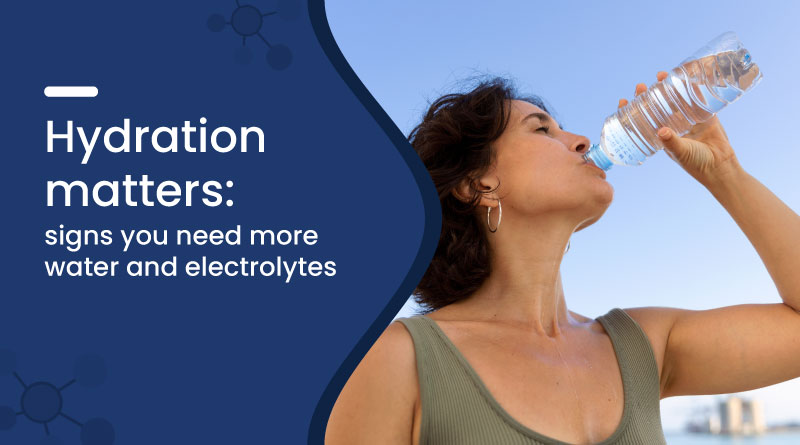

Staying hydrated is essential for good health. The primary keyword "hydration matters" is not just a wellness trend—it’s a basic physiological need. Whether it’s summer heat, a workout session, or daily life, your body needs water and electrolytes to function properly. In this blog, we'll explore the key signs that indicate your body is low on hydration and electrolytes, and why maintaining this balance is crucial for your health.
Why Does Hydration Matter for Your Body?
Hydration matters because water supports every vital function—from regulating body temperature to transporting nutrients and flushing out toxins. Electrolytes like sodium, potassium, and magnesium work with water to keep cells, muscles, and nerves functioning.
When you're not hydrated, your performance, energy, and even mood can suffer. Long-term dehydration can also affect kidneys, heart health, and digestion.
What Are the Common Signs You Need More Water?
Dehydration can show up in many ways. Here are key warning signs your body needs more water:
- Dry mouth and bad breath
- Dark yellow urine or reduced urination
- Fatigue and low energy
- Headaches or dizziness
- Dry skin and lips
- Muscle cramps or joint pain
- Increased hunger or sugar cravings
Your body is smart—it gives signals when fluid levels drop. Ignoring these signs may lead to complications, especially during heatwaves or intense physical activity.
What Are the Warning Signs of Electrolyte Imbalance?
Electrolytes help control fluid balance, muscle contractions, and nerve signals. When levels drop due to sweating, vomiting, or diarrhea, your body sends clear red flags:
- Muscle weakness or twitching
- Irregular heartbeat or palpitations
- Confusion or brain fog
- Nausea or vomiting
- Tingling or numbness
- Cramping, especially in legs
Hydration matters, but without proper electrolytes, drinking plain water may not be enough to restore balance—especially during extreme physical stress.
When Does Water Alone Fall Short?
There are times when hydration needs more than just water:
- After heavy exercise (especially cardio or strength training)
- During illness with fever, vomiting, or diarrhea
- In hot and humid weather
- While fasting or on low-carb diets
- If consuming diuretics like caffeine or alcohol
In these cases, adding electrolytes—such as sodium, potassium, and magnesium—becomes essential for recovery and hydration.
How Can You Stay Hydrated Throughout the Day?
Here are some simple, practical ways to maintain hydration and electrolyte balance:
- Start your day with a glass of water
- Drink consistently, not just when thirsty
- Eat water-rich foods like cucumber, watermelon, and oranges
- Pair water with electrolyte-rich foods like banana and coconut water
- Listen to your body’s signals—fatigue, cramps, or dry mouth
Hydration matters, so make it a daily habit, not an afterthought.
What Happens If You Stay Dehydrated for Too Long?
Chronic dehydration and low electrolytes can lead to:
- Kidney stones and urinary tract infections
- Drop in blood pressure
- Cognitive issues and memory lapses
- Muscle damage or breakdown
- Heart rhythm problems
Over time, your body's ability to regulate temperature, blood pressure, and cellular function weakens. This is why hydration matters for long-term well-being, not just short-term comfort.
Hydration Matters: Signs You Need More Water & Electrolytes
| Product Name | Main Use |
|---|---|
| Zee Glucose D Powder | Instant energy drink with glucose and essential minerals to help restore hydration and fight fatigue. |
| Imunozem Immunity Boosting Powder | Helps support hydration and immunity with a balanced blend of vitamins, minerals, and antioxidants. |
| Sensegood Lite Powder | Low-calorie nutritional drink to support fluid balance and light nourishment, ideal during dehydration. |
Frequently Asked Questions
Q: How much water should I drink daily?
A: Most adults need 8–10 glasses (2–2.5L) of water daily. Needs may vary with weather, activity, or health conditions.
Q: Can I drink too much water?
A: Yes, excessive water without electrolytes can dilute sodium in the blood, causing a condition called hyponatremia.
Q: Are sports drinks necessary for hydration?
A: Not always. Natural sources like coconut water or fruits often provide enough electrolytes for everyday needs.
Q: What foods help with electrolyte balance?
A: Bananas, leafy greens, nuts, seeds, yogurt, and citrus fruits are good sources.
Q: Is thirst a reliable sign of dehydration?
A: Not always. Thirst can lag behind actual fluid needs. Rely on signs like urine color, energy levels, and dry skin too.
Conclusion
Hydration matters—more than most people realise. It's not just about drinking water but ensuring your body gets enough fluids and electrolytes to support every system. Watch for early signs and stay hydrated proactively. This simple habit can boost your energy, protect your organs, and enhance your overall health.

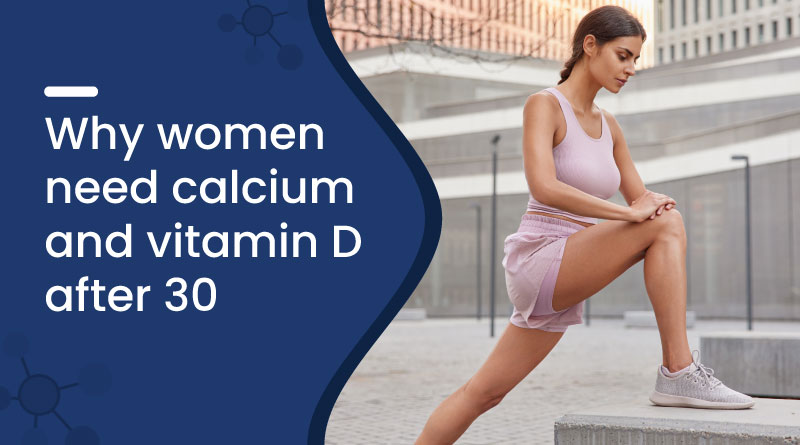

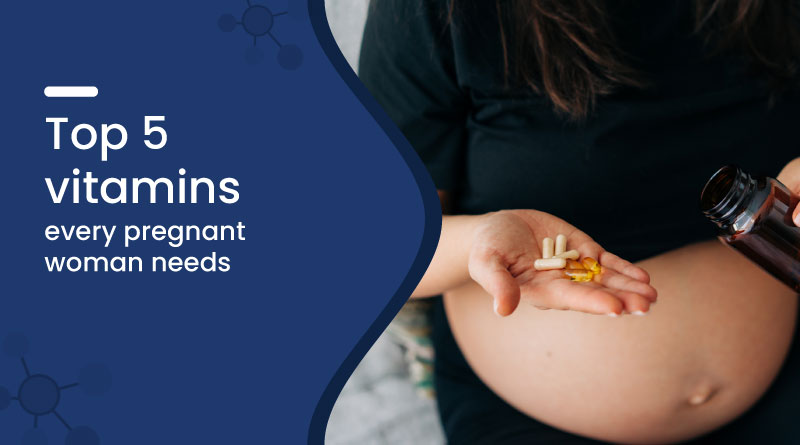

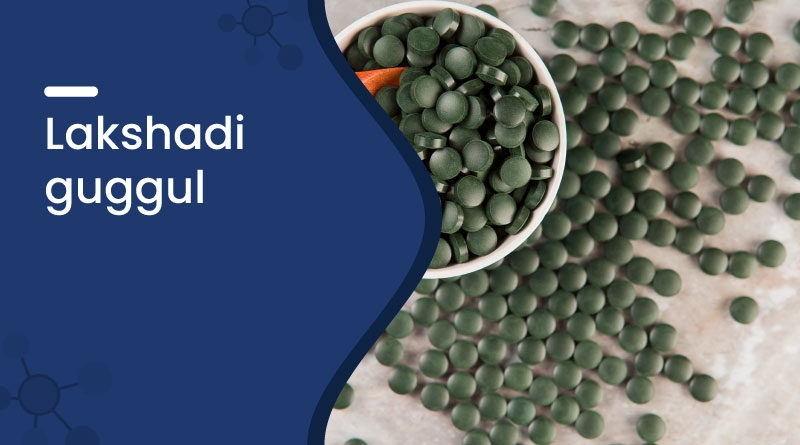
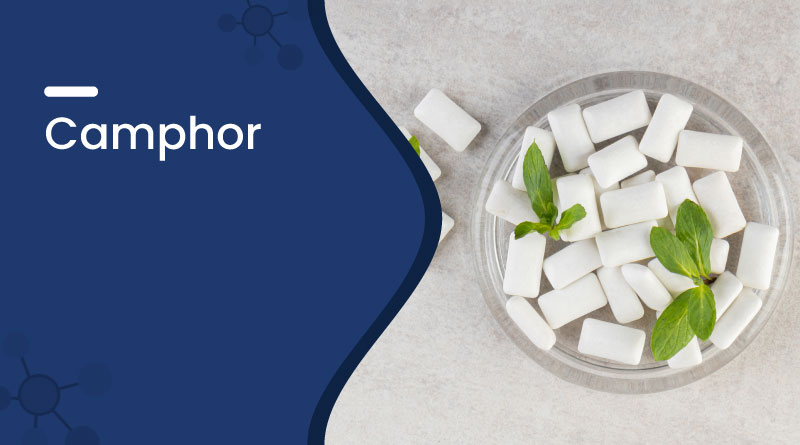

 Added!
Added!